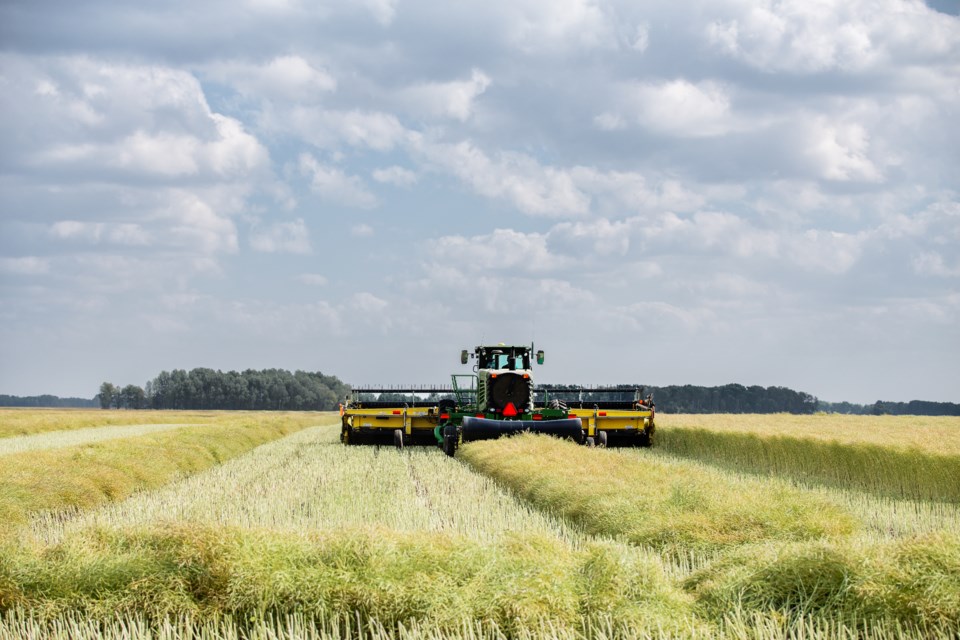Importers and exporters around the world are uneasily analyzing what a 10 per cent tariff, or other border measures likely in a second Donald Trump U.S. presidential term, could mean for trade.
“Europeans are deeply concerned,” said Brussels, Belgium-based U.S. consultant and canola trade expert Angela Dansby. “Trump has made steps toward all the threats he’s made in the past.”
In this early stage of the U.S. presidential campaign, Trump has often invoked his threat to place a 10 per cent tariff on imported goods and an even larger tariff on Chinese goods.
Most Canadian farm commodities trade in world markets so anything that affects world trade will affect the flow and the price of Canadian crops and meat and have direct impact on farmgate earnings.
“It’s not clear if that 10 per cent tariff would apply” to canola, said Dansby, who follows the issue closely.
Canada and the U.S. are part of the North American trade deal, the USMCA, and renegotiation of that deal is proclaimed by Trump as one of his successes in office. He might not touch it in a second term.
Dansby notes the U.S. imports 75 per cent of the canola it needs for industrial and food uses, almost all of that coming from Canada. Hitting those imports with a tariff would boost costs to American companies and consumers.
The European Union had a fraught relationship with Trump during his first presidency, with tit-for-tat sanctions on some goods. Trump took a special interest in automobiles.
His threats to quit or back away from the North Atlantic Treaty Organization rattled many Europeans who view America as a protector against rogue states like Russia. Since those days, Russia has invaded Ukraine, threatened EU states and caused Europeans to re-invest in military production capacity. Trump has done little to allay the concerns.
The impact of a renewed or expanded trade war with China is hard to estimate, Dansby said, but it would have “ripple effects” in commodity markets.
“We can definitely assume that he will make good on some sort of a tariff assessment” against China, Dansby said.
For Canada, staying on friendly terms with a second Trump administration would probably be the best way to duck any muck flying in future trade wars.
“It’s doing as much as possible to strengthen good relations,” said Dansby.




